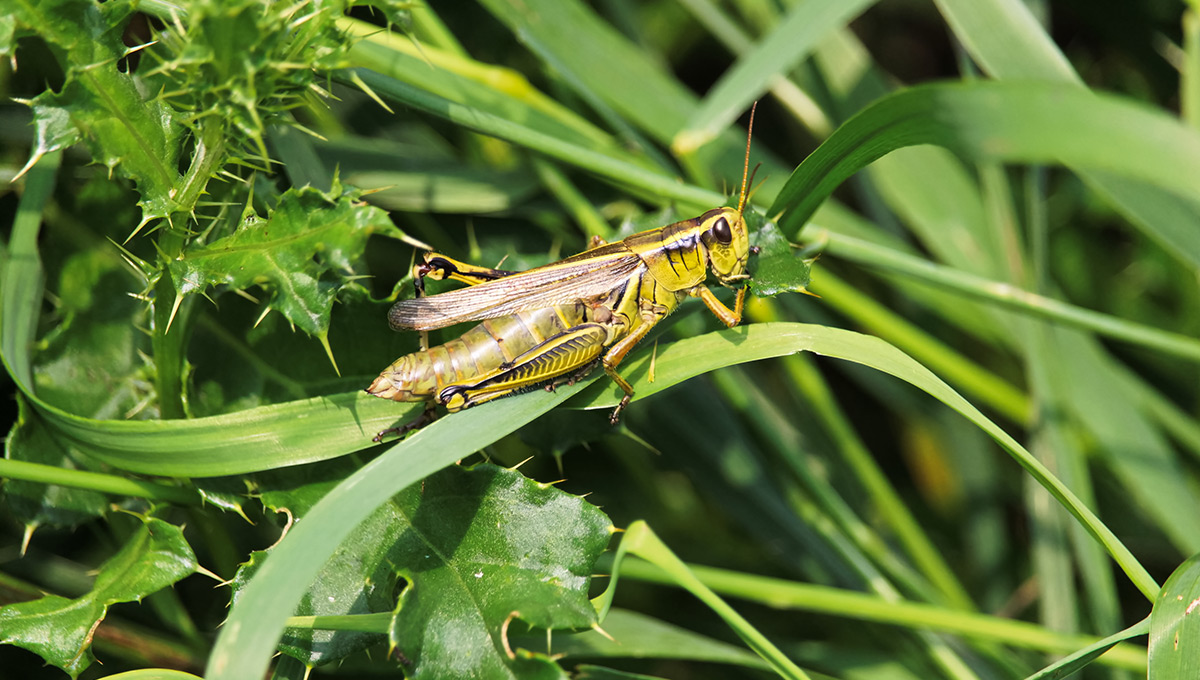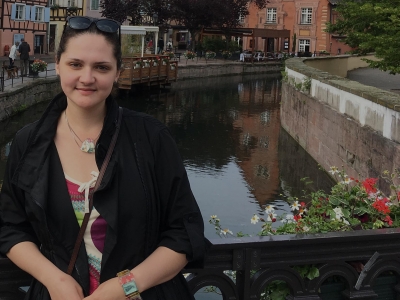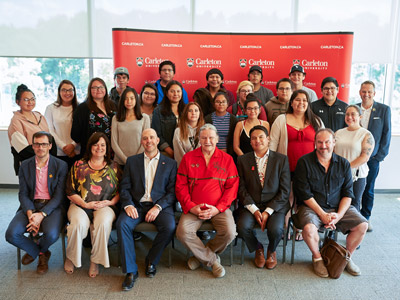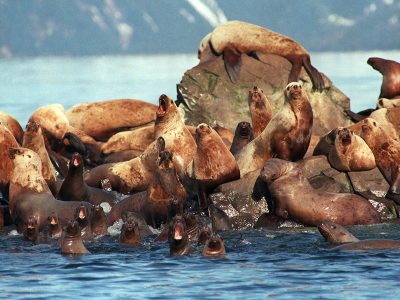By Matt Gergyek
About 10 years ago, Serita Fudlosid set foot on the Carleton University campus for the first time to study Biomedical and Mechanical Engineering. However, things did not go exactly according to Fudlosid’s plan—she began to lose interest in her courses and dropped out.
After some reflection and a change in direction, Fudlosid soon returned to Carleton to kick off her studies in Biology. That path proved to be the right one and she is now set to receive her Master of Science in Biology and will pursue her PhD. That willingness to explore different areas of study is one of the biggest lessons Fudlosid has taken away from her post-secondary education.

Serita Fudlosid
“I feel like I’ve progressed so far along from that little undergraduate to doing a PhD,” says Fudlosid, who is now working and researching in the MacMillan Lab at Carleton.
“Students need to realize that they’re going to make mistakes; it’s part of life and you don’t always have to know where you’re going to end up.”
After all, Fudlosid credits the wide variety of courses she was able to explore in the early years of the Biology program for helping her find her true passion: insects.
“I just think they’re fascinating,” says Fudlosid. “Insects are so important to our world in terms of food chains and pest management. They have a huge diversity and so many interesting different mechanisms they’ve developed to help them survive in different environments.”
Fudlosid’s research into the world of insects began to really take off when she connected with Prof. Heath MacMillan near the end of her undergraduate degree, whose lab studies how temperature impacts animal physiology.
The collaboration continued into Fudlosid’s master’s degree, where she began to focus on how insects are being impacted by microplastics, tiny pieces of plastic pollution. Fudlosid notes that while interest in microplastics is booming, most of the research focuses on marine life. “But microplastics are in soils, urban environments, the air, the mountains, they’re everywhere,” says Fudlosid.
“We wanted to understand how microplastics could affect terrestrial species as well.”
For her research, Fudlosid fed varying amounts of different forms of microplastics to crickets. She found that only the highest concentration of polyethylene terephthalate microfibers stunted the growth of just the female tropical house crickets. There is still more work to be done, but one of Fudlosid’s hypotheses is that the plastic microfibers could be creating blockages in the gut, which then impacts the female crickets’ ability to produce ovaries and eggs. The work is now being prepared for publication in Frontiers, a highly-respected scientific journal.
Working with Prof. MacMillan and the culture he fosters in his lab quickly became a highlight Fudlosid’s Carleton career. She was particularly fond of the regular sessions Prof. MacMillan organizes where members of the lab receive feedback on their projects.
“It’s so great that Prof. MacMillan creates this space where we can celebrate the work we do,” says Fudlosid.
“Imposter syndrome is real, but Prof. MacMillan is very good at bringing you back to reality, showing you your accomplishments and making sure you realize your potential.”
Fudlosid’s PhD work links into a large, country-wide grant from Genome Canada, a national non-profit. For the project, a network of North American labs and universities are joining forces to study how to mitigate the spread of mountain pine beetles, which attack pine trees. The invasive species is spreading toward Alberta but is especially predominant in British Columbia, where an ongoing outbreak that started in the early 1990s has affected more than 18 million hectares of forest.
Fudlosid is looking forward to collaborating with a wide range of different researchers and learning more. Either way, one thing is for certain—her future will definitely involve insects.
“There are millions of different species of insects,” she says, “and we only understand a small fraction of them.”

Monday, November 8, 2021 in Biology, Convocation, Engineering, Grad Stories, Graduate Students
Share: Twitter, Facebook



